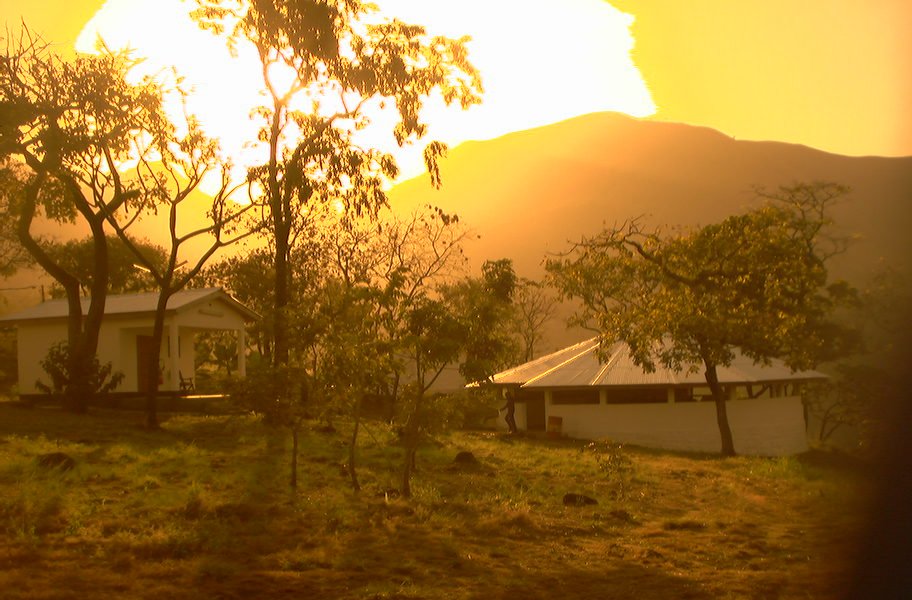The French Minister of the Environment, Energy and the Sea, Segolene Royale, and Guinea’s Minister of Energy and Hydraulics, M. Cheikh Taliby Sylla, have signed several bilateral agreements for the development of energy and infrastructure projects in the African country.
According to the French government, three of these agreements are related to the construction of solar energy projects, including an 88 MW PV plant in Khoumagueli, in the prefecture of Kindia, western Guinea.
The project, which is expected to be built in two 44 MW phases, will be developed by French developer Solveo Energy. The company will initially conduct prior impact analysis for the project. No more details were provided on what is expected to be the country’s first large-scale grid-connected solar facility.
Furthermore, the French government has revealed that French independent power producer Akuo Energie and France-based Bolloré Transport et Logistique (Blue solutions) have both agreed under two separates MoUs to implement the country’s solar rural electrification program. The two companies will be assisted by the French Agency for the Environment and Energy Management (ADEME). Both projects are scheduled to be implemented in the first half of 2017.
Popular content
Guinea has had very limited development of solar energy to date. The country joined the International Solar Alliance (ISA) led by India and France in November 2016.
According to Guinea’s Ministry of Energy and Hydraulics, in 2015 the country had 949 MW of power generation capacity, of which 553 MW, however, is serving the local mining industry, which consumes approximately 47% of total electricity production.
In June 2015, the French environmental services provider Veolia won a contract to help Guinean's struggling national power utility Electricité de Guinée (EDG) improve its electricity network. Veolia said it will improve the management of facilities, the efficiency of the energy distribution network and the expansion of the network within the country. According to the World Bank, only 20% of the country’s population has access to electricity.
This content is protected by copyright and may not be reused. If you want to cooperate with us and would like to reuse some of our content, please contact: editors@pv-magazine.com.



Can you tell us more about this? I’d want to find
out some additional information.